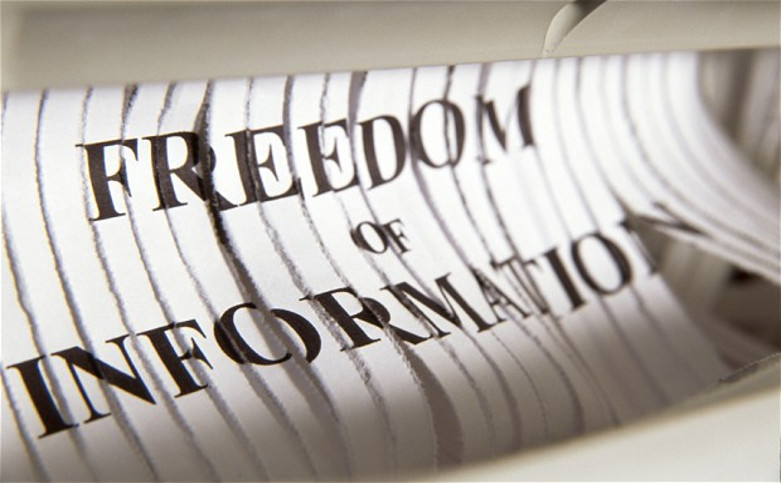Whistleblowers Australia |
Information, FOI and evidence
Information is a powerful tool in the hands of a strategic
whistleblower, and the FOI process provides the easiest way of getting
hold of reliable information which you can use freely. You can use
information obtained under FOI legislation in any forum. So, start
early before you blow the whistle.
Once you blow the whistle, your employer and others may try to delay
and even withhold documents that would ordinarily be made freely
available. So, work out which agencies were part of the communication
loop and apply to one of the other agencies, as it may be less
politically motivated to resist disclosure.
Appreciate that if your employer uses every/any opportunity to delay
processing your request, then it is likely that it wants to withhold
the information until after it has stitched up an agreement with you
that you will never ever make a claim on it again about your
employment. Don’t let it deter you; work out the rules and work around
it.
FOI operates on a user-pays system, which includes charges for the
application, photocopying and an hourly rate for the time spent
locating and assessing the documents. Costs can be inflated and also
used as a means of resisting disclosure.
Educate yourself about how the agency should operate in terms of
timeframes, costs and the laws governing the exemption of documents
from disclosure by checking the FOI Guidelines available on most state
and federal websites of the Office of the Ombudsman. It may take time,
but is usually productive, so start early.
Note that those in NSW should refer to the Information and Privacy
Commission at https://www.ipc.nsw.gov.au
If you want more technical information on how FOI legislation should
work in support of your application, get hold of a copy of a book by
Anne Cossins at any major library. It deals with NSW law, but by
reference to other state and federal laws. Ask for Cossins, A (1997) Annotated
Freedom-of-Information Act New South Wales: History and Analysis,
Law Book Company Ltd, Sydney.
Information obtained under FOI legislation can be used as evidence in a
court or tribunal to prove your case or, indeed, in any other forum
where you need to establish that your allegations can be relied upon.
For example, the information may be used in support of letters to MPs,
complaints to investigative authorities and
media and parliamentary committee inquiries.
Go to http://www.austlii.edu.au
and check the legislation. In most jurisdictions the legislation is
still known as the Freedom-of-Information Act.
